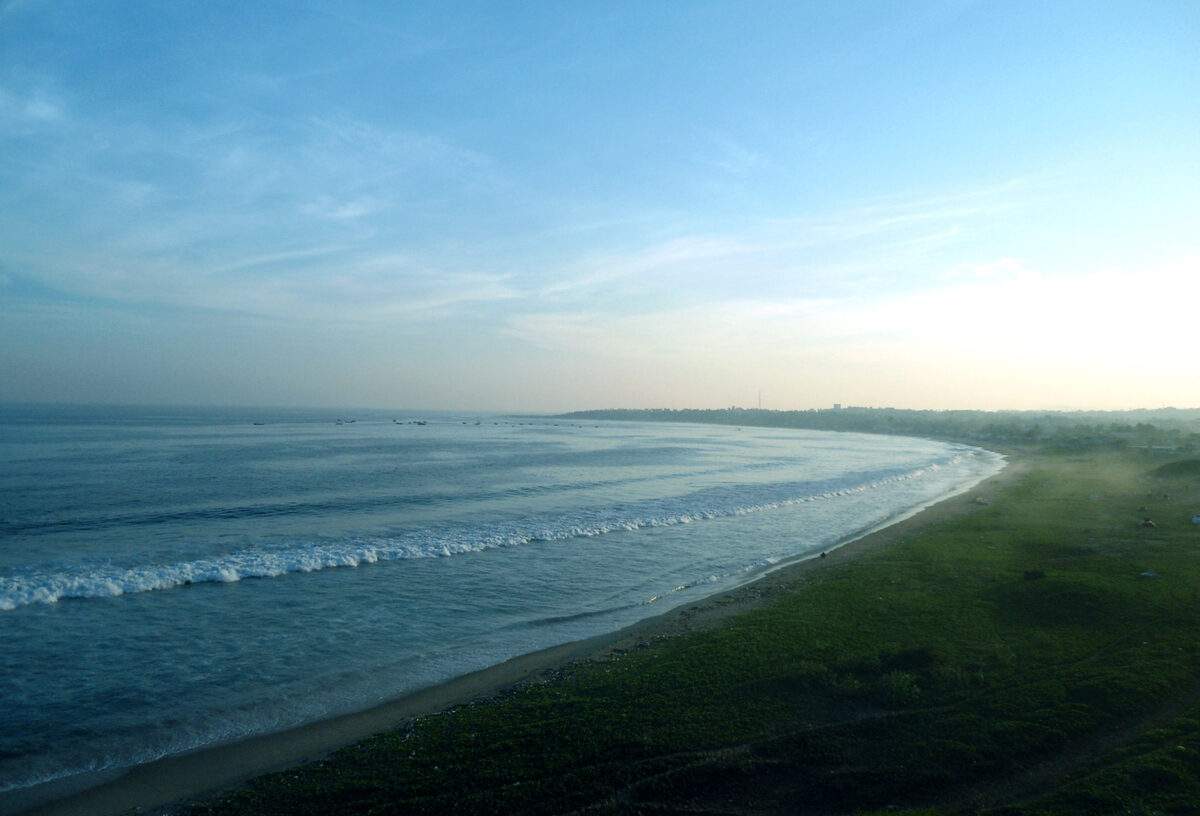

Oceanography - Bay of Bengal
The Bay of Bengal will soon be the hub of research activity as The International Indian Ocean Expedition (IIOE) will focus on ocean bio-geo-chemistry and the eco-system of the sea that has become a CO2 sink. Industrial effluents and fertilisers coming in through various rivers that join the ocean; has made the Bay of Bengal a carbon dioxide absorbing zone. Director of National Institute of Oceanography (NIO), SWA Naqvi, has four decades of experience in oceanographic research. He said the Bay of Bengal is vulnerable to various issues like global warming, ocean acidification and more. But he said, it would none-the-less be an exciting ocean body to carry out research on.
Dr. Naqvi was felicitated at the AU Platinum Jubilee Guest House by NIO and the professors of Andhra University. He expressed disappointment over the delay in completion of the research lab at Yendada and the NIO still being situated in a rented building, despite being one of the oldest oceanographic research centres in India. The completion of the research lab building will mean advanced research on tidal waves, cyclones, and various characteristics of tides and currents can be carried out.
The principal scientist and director of NIO Visakhapatnam, VSN Murthy, said that the NIO had several research related achievements under the leadership of Dr. Naqvi. He thanked Dr. Naqvi for deploying the NIO research vessel Sindhu Sadhana to the Andamans.
This post was last modified on 30/08/2016 10:47 am
In a major push toward sustainable public transport, EKA Mobility has secured a contract to…
There are a variety of new movie and web series releases today on our favourite…
The survival trope in movies and television shows is one of the popular genres, attracting…
For months now, the mayor’s chair in Visakhapatnam has been making headlines. From no-confidence motions…
In an incident that has left residents unnerved, a "naked thief" was caught on CCTV…
Kanchumurthi Eswar, a member of the Zonal Railway Users’ Consultative Committee (ZRUCC), has urged Divisional…
Leave a Comment